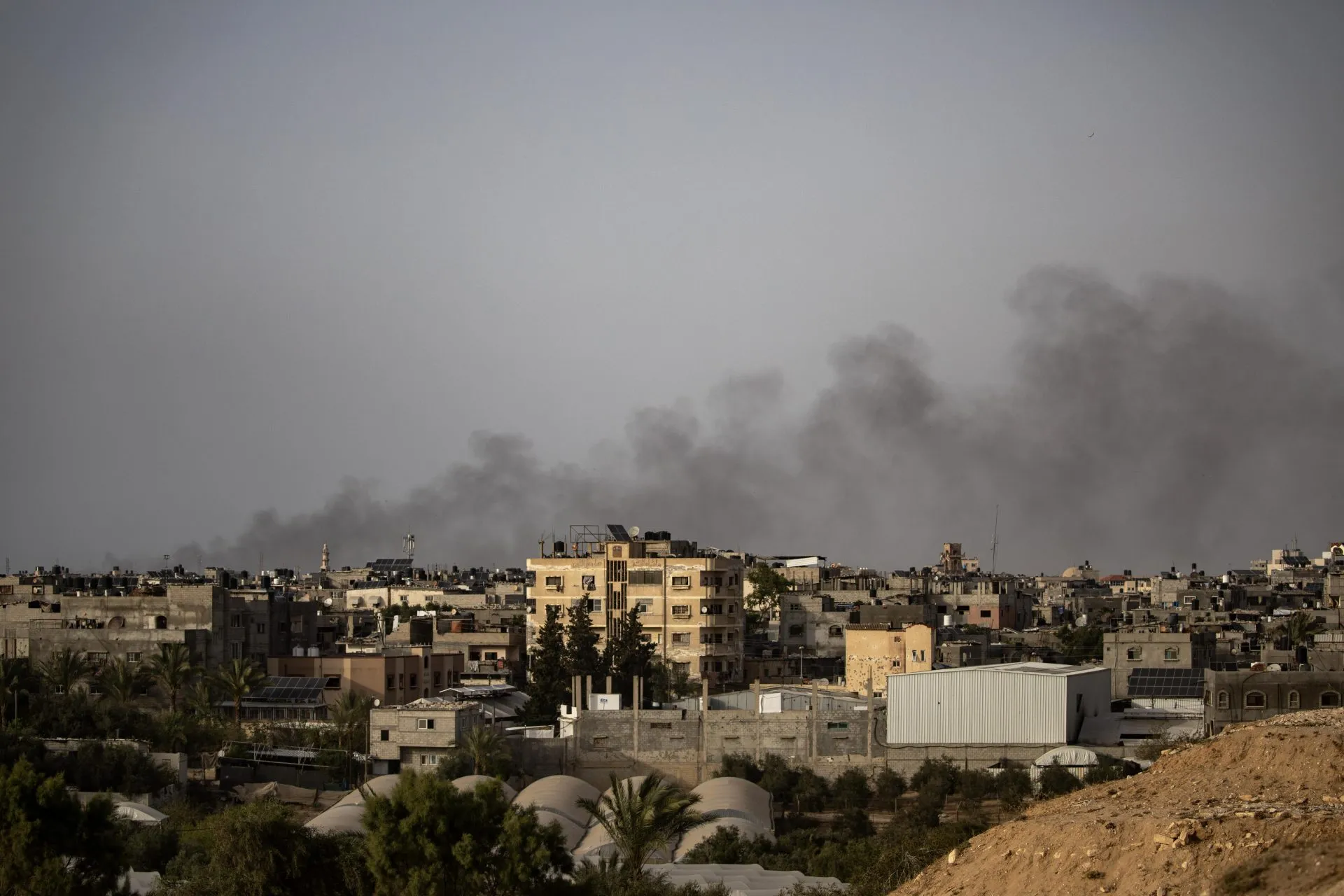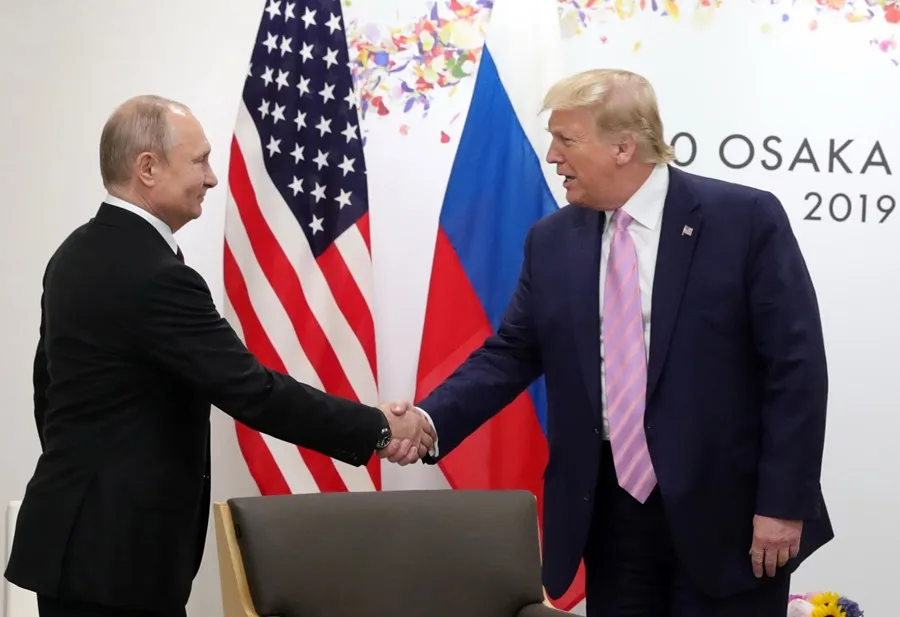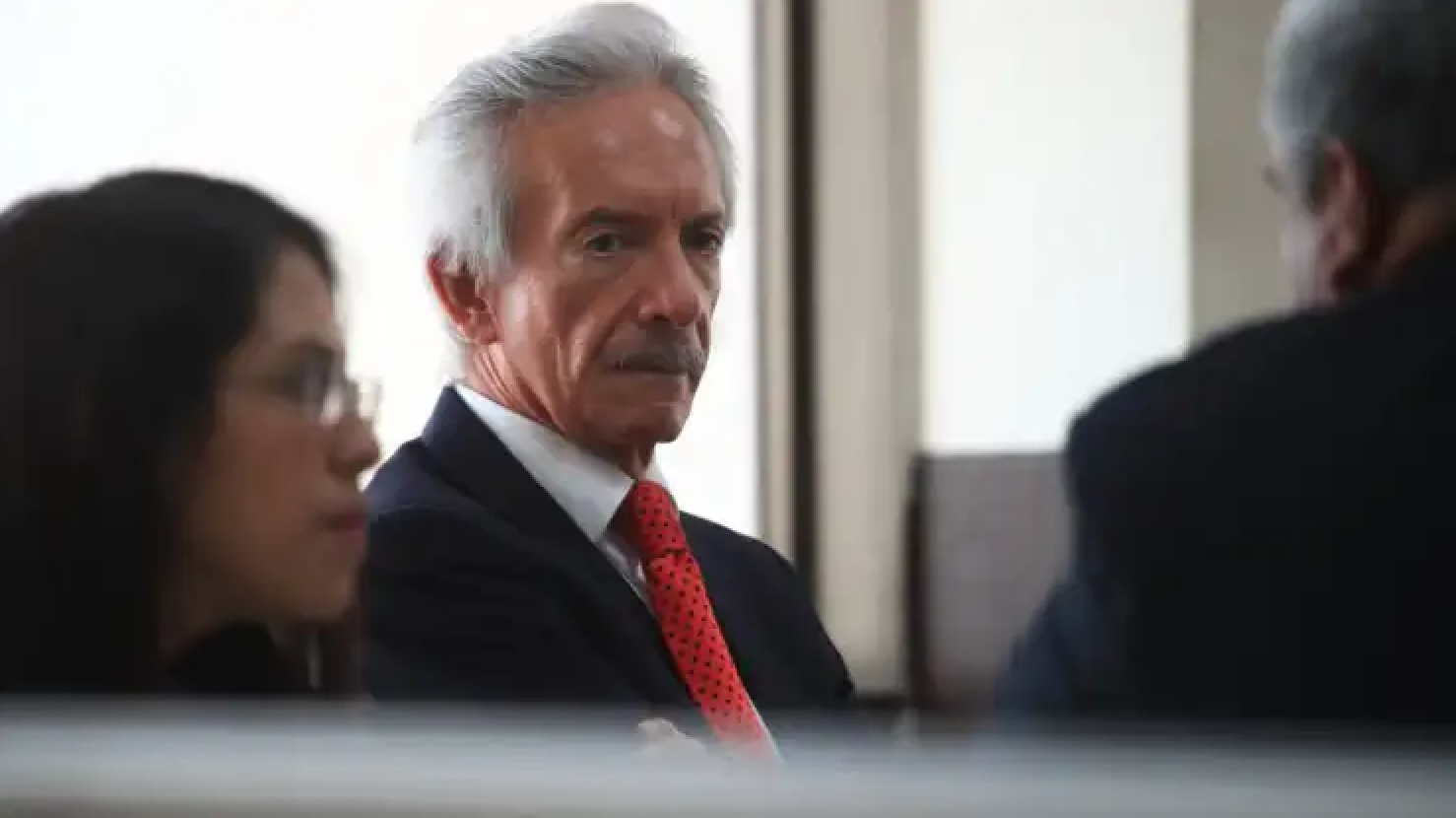International
Israel says it will continue to negotiate a ceasefire while bombing the east of Rafah

The Israeli War Cabinet, headed by Prime Minister Benjamin Netanyahu, agreed on Monday to continue “the operation” in Rafah, south of Gaza, but agreed to send a delegation to Cairo to continue negotiating a possible ceasefire.
“Despite the fact that Hamas’ proposal is far from meeting Israel’s fundamental demands, Israel will send a high-ranking delegation to Egypt in an effort to exhaust the possibility of reaching an agreement on acceptable terms,” the Prime Minister’s Office said in a statement.
Benny Gantz, also a member of the War Cabinet, agreed with Netanyahu. “The military operation in Rafah is an inseparable part of our continuous efforts and our commitment to return our kidnapped,” he said tonight in a statement quoted by Israeli media.
Gantz confirmed that Israel will send a delegation to Cairo although, he said, the proposal agreed by Hamas “does not correspond to the dialogue that has taken place so far with the mediators and contains important gaps.”
Both messages come after the announcement of Ismail Haniyeh, head of the political bureau in Hamas, that the Islamist group accepted a proposal for a ceasefire in Gaza, a few hours after the Israeli Army issued an “immediate” evacuation order from the east of Rafah.
In a final statement released tonight, Hamas confirmed that both Haniyeh and the secretary general of Palestinian Islamic Jihad, Ziad al Nakhala – a faction also present in the Gaza Strip – discussed on Monday whether or not to approve a ceasefire, and said that the decision was made as a result of “the evolution of the current situation” in Gaza.
“It was also emphasized that the resistance factions will not back down on their demands included in the proposal they agreed, in particular a (comprehensive) ceasefire, an integral withdrawal (from Israeli troops), an honorable exchange (of hostages for prisoners), reconstruction and the end of the (Israeli) siege,” Hamas recalled.
The Israeli Army confirmed that it is currently bombing the southern city of Rafah, where more than one million Gazans take refuge after the start of the ground offensive on October 27, which forced the northern population to leave their homes, many of which are now destroyed.
Despite the heavy bombings and firing of flares, according to EFE on the ground, Israeli troops and tanks have not crossed the fence that separates Israel from southern Gaza.
The Army “is currently carrying out targeted attacks against Hamas terrorist targets in the east of Rafah, in the south of the Gaza Strip,” a military statement confirmed tonight, announcing that there would be more details shortly.
For its part, the official Palestinian news agency, Wafa, confirmed Israeli attacks in the city of Rafah against “roads, agricultural land, residential houses and farms” in the eastern neighborhoods of Al Salam and Al Jinaina, among others, which coincide with some of the places included this morning in the evacuation letter.
In a press conference in Hebrew tonight, the Army spokesman, Daniel Hagari, recalled that the troops are prepared for a land incursion into Rafah after this morning’s evacuation order, which only affects about 100,000 Gazans among more than a million people who are overcrowded in Rafah.
Hamas warned Israel on Monday that any military takeover of Rafah will not be something simple and that his armed wing, the Qasam Brigades, are ready to defend his people.
International
Trump urges Putin to reach peace deal

On Monday, U.S. President Donald Trump reiterated his desire for Russian President Vladimir Putin to “reach a deal” to end the war in Ukraine, while also reaffirming his willingness to impose sanctions on Russia.
“I want to see him reach an agreement to prevent Russian, Ukrainian, and other people from dying,” Trump stated during a press conference in the Oval Office at the White House.
“I think he will. I don’t want to have to impose secondary tariffs on Russian oil,” the Republican leader added, recalling that he had already taken similar measures against Venezuela by sanctioning buyers of the South American country’s crude oil.
Trump also reiterated his frustration over Ukraine’s resistance to an agreement that would allow the United States to exploit natural resources in the country—a condition he set in negotiations to end the war.
International
Deportation flight lands in Venezuela; government denies criminal gang links

A flight carrying 175 Venezuelan migrants deported from the United States arrived in Caracas on Sunday. This marks the third group to return since repatriation flights resumed a week ago, and among them is an alleged member of a criminal organization, according to Venezuelan authorities.
Unlike previous flights operated by the Venezuelan state airline Conviasa, this time, an aircraft from the U.S. airline Eastern landed at Maiquetía Airport, on the outskirts of Caracas, shortly after 2:00 p.m. with the deportees.
Interior Minister Diosdado Cabello, who welcomed the returnees at the airport, stated that the 175 repatriated individuals were coming back “after being subjected, like all Venezuelans, to persecution” and dismissed claims that they belonged to the criminal organization El Tren de Aragua.
However, Cabello confirmed that “for the first time in these flights we have been carrying out, someone of significance wanted by Venezuelan justice has arrived, and he is not from El Tren de Aragua.” Instead, he belongs to a gang operating in the state of Trujillo. The minister did not disclose the individual’s identity or provide details on where he would be taken.
International
Son of journalist José Rubén Zamora condemns father’s return to prison as “illegal”

The son of renowned journalist José Rubén Zamora Marroquín, José Carlos Zamora, has denounced as “illegal” the court order that sent his father back to a Guatemalan prison on March 3, after already spending 819 days behind barsover a highly irregular money laundering case.
“My father’s return to prison was based on an arbitrary and illegal ruling. It is also alarming that the judge who had granted him house arrest received threats,” José Carlos Zamora told EFE in an interview on Saturday.
The 67-year-old journalist was sent back to prison inside the Mariscal Zavala military barracks on March 3, when Judge Erick García upheld a Court of Appeals ruling that overturned the house arrest granted to him in October. Zamora had already spent 819 days in prison over an alleged money laundering case.
His son condemned the situation as “unacceptable”, stating that the judge handling the case “cannot do his job in accordance with the law due to threats against his life.”
-

 International3 days ago
International3 days agoSon of journalist José Rubén Zamora condemns father’s return to prison as “illegal”
-

 International3 days ago
International3 days agoMiyazaki’s style goes viral with AI but at what cost?
-

 Central America2 days ago
Central America2 days agoPanama police clarifies that Interpol alert for Martinelli is still pending
-

 Central America22 hours ago
Central America22 hours agoU.S. Homeland Security Secretary urges Mexico to strengthen Guatemala border
-

 International22 hours ago
International22 hours agoTrump urges Putin to reach peace deal
-

 International2 days ago
International2 days agoDeportation flight lands in Venezuela; government denies criminal gang links
-

 Central America22 hours ago
Central America22 hours agoPanama grants Martinelli 72-hour extension to travel to Nicaragua
-
Central America4 days ago
Nicaragua revokes legal status of 10 more NGOs, bringing total to over 5,600















